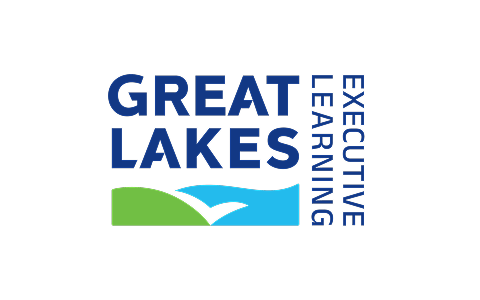- Great Learning
- Free Courses
- Management
Free Program Management Course
Introduction to Program Management
Learn the Standard for Program Management Framework, enhance your leadership and communication skills, and master essential tools and techniques. Enrol now!
Introduction to Program Management
2.5K+ learners enrolled so far
Stand out with an industry-recognized certificate
10,000+ certificates claimed, get yours today!
Get noticed by top recruiters
Share on professional channels
Globally recognised
Land your dream job

Skills you will gain
"Program Management
Program Life Cycle
Risk Assessment Tools
Stakeholder and Team Communication
Program Governance
Core Performance Domains
Leadership Styles in Program Management
Effective Communication Strategies
Program Management Software
+4 More
Key Highlights
Get free course content
Master in-demand skills & tools
Test your skills with quizzes
About this course
This free program management course is designed to provide foundational knowledge and skills in program management. This course covers the core aspects of the 'Standard for Program Management Framework,' offering insights into its structure and application. A key module is 'Leadership and Communication in Program Management,' where learners develop essential leadership skills and effective communication strategies crucial for program management success. Additionally, the course delves into various 'Tools and Techniques in Program Management,' equipping students with practical skills to manage complex programs effectively. Ideal for beginners, this course serves as a stepping stone for anyone looking to excel in the field of program management.
Ready to take your knowledge further? Check out our Post Graduate Diploma in Management (Online) for an in-depth, comprehensive program.
Course outline
Introduction to Program Management
In this module, you'll gain foundational insights into program management, key concepts, benefits, and strategic coordination, setting the stage for successful program leadership.
The Standard for Program Management Framework
In this module, you'll learn to navigate the PMI's framework for program management, explore core performance domains, align strategy, manage benefits, engage stakeholders, and oversee the program life cycle.
Leadership and Communication in Program Management
In this module, you'll learn to elevate your leadership and communication skills and delve into various leadership styles and effective communication strategies for stakeholders and teams.
Tools and Techniques in Program Management
In this module, you will learn about program management software, risk assessment tools, and benefits realization tools, empowering you with effective techniques for strategic program execution.
Get access to the complete curriculum once you enroll in the course
Stand out with an industry-recognized certificate
10,000+ certificates claimed, get yours today!
Get noticed by top recruiters
Share on professional channels
Globally recognised
Land your dream job

Introduction to Program Management

1.5 Hours
Beginner
2.5K+ learners enrolled so far
Get free course content
Master in-demand skills & tools
Test your skills with quizzes
Refer and earn
Get learning discounts up to $20
Learner reviews of the Free Courses
4.0
What our learners enjoyed the most
Skill & tools
60% of learners found all the desired skills & tools
Frequently Asked Questions
Will I receive a certificate upon completing this free course?
Is this course free?
What prerequisites are required to enrol in this Program Management course?
You do not need any prior knowledge to enrol in this Program Management course.
How long does it take to complete this Program Management course?
It is a 1.0 hour long course, but it is self-paced. Once you enrol, you can take your own time to complete the course.
Will I have lifetime access to the free course?
Yes, once you enrol in the course, you will have lifetime access to any of the Great Learning Academy’s free courses. You can log in and learn whenever you want to.
Will I get a certificate after completing this Program Management course?
Yes, you will get a certificate of completion after completing all the modules and cracking the assessment.
How much does this Program Management course cost?
It is an entirely free course from Great Learning Academy.
Is there any limit on how many times I can take this free course?
No. There is no limit. Once you enrol in the Program Management course, you have lifetime access to it. So, you can log in anytime and learn it for free online.
Who is eligible to take this Program Management course?
You do not need any prerequisites to take the course, so enroll today and learn it for free online.
Become a Skilled Professional with Pro Courses
Gain work-ready skills with guided projects, top faculty and AI tools, all at an affordable price.


View Course

Included with Pro+ Subscription

View Course

Included with Pro+ Subscription
.jpg)
View Course

Included with Pro+ Subscription


View Course

Included with Pro+ Subscription


View Course

Included with Pro+ Subscription

View Course

Included with Pro+ Subscription

View Course

Included with Pro+ Subscription

View Course

Included with Pro+ Subscription




View Course

Included with Pro+ Subscription
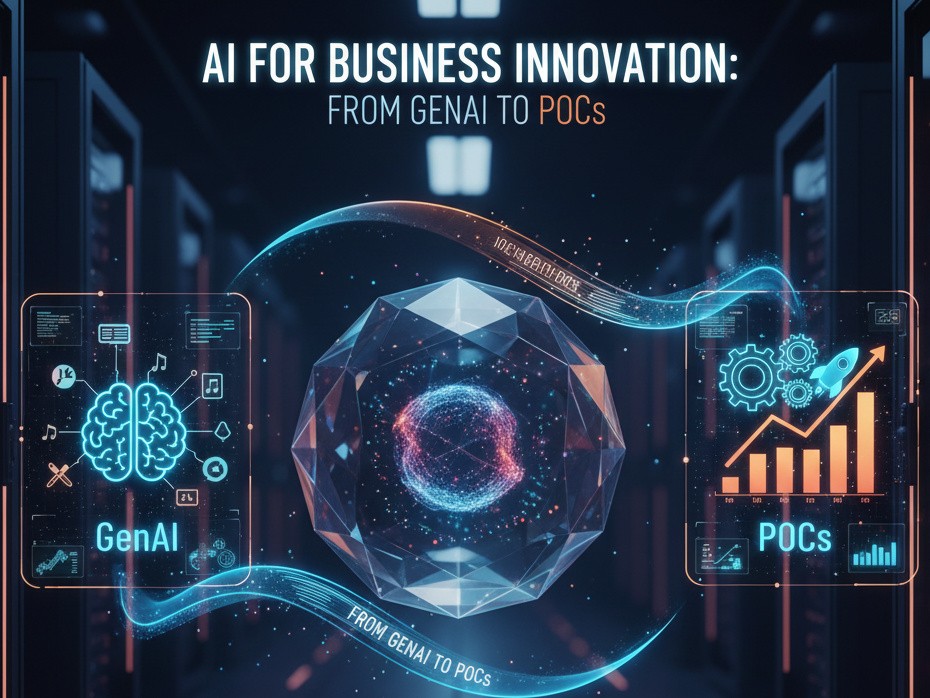
View Course

Included with Pro+ Subscription

View Course

Included with Pro+ Subscription
.jpg)
View Course

Included with Pro+ Subscription

View Course

Included with Pro+ Subscription

View Course

Included with Pro+ Subscription


View Course

Included with Pro+ Subscription


View Course

Included with Pro+ Subscription


View Course

Included with Pro+ Subscription


View Course

Included with Pro+ Subscription


View Course

Included with Pro+ Subscription


.png)
View Course

Included with Pro+ Subscription

View Course

Included with Pro+ Subscription

View Course

Included with Pro+ Subscription

View Course

Included with Pro+ Subscription
.jpg)
View Course

Included with Pro+ Subscription
.jpeg)
View Course

Included with Pro+ Subscription
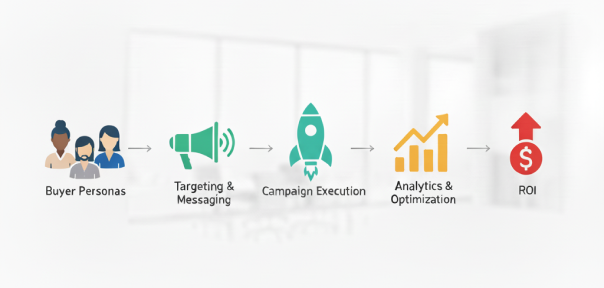
View Course

Included with Pro+ Subscription

View Course

Included with Pro+ Subscription
.png)
View Course

Included with Pro+ Subscription
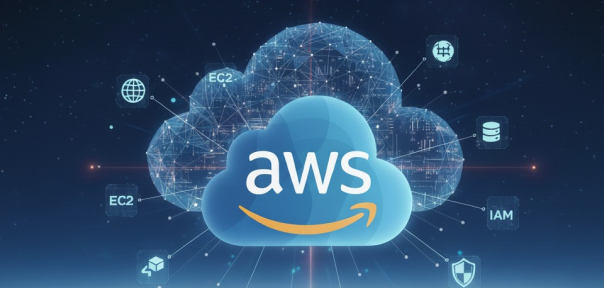

View Course

Included with Pro+ Subscription


View Course

Included with Pro+ Subscription


View Course

Included with Pro+ Subscription
.png)
View Course

Included with Pro+ Subscription



.jpg)

.jpg)

.png)

View Course

Included with Pro+ Subscription

View Course

Included with Pro+ Subscription
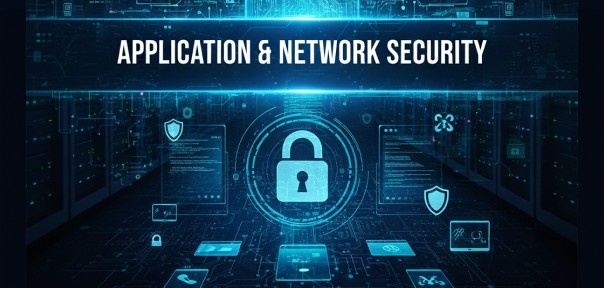
View Course

Included with Pro+ Subscription
.png)
View Course

Included with Pro+ Subscription
.png)
View Course

Included with Pro+ Subscription
.png)
View Course

Included with Pro+ Subscription
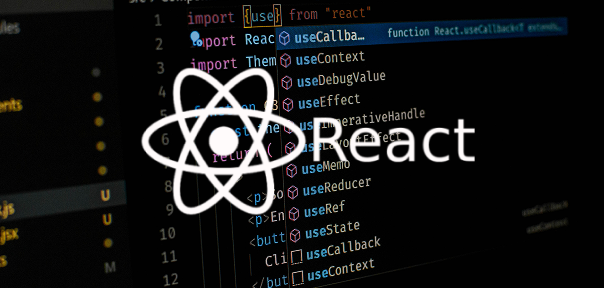
View Course

Included with Pro+ Subscription
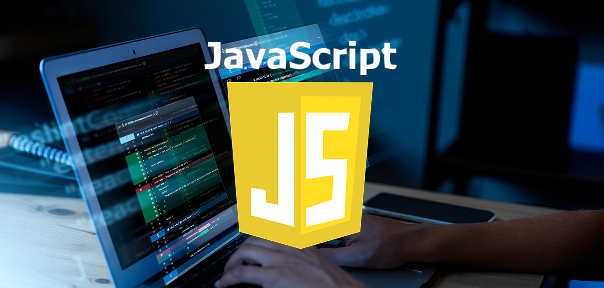
View Course

Included with Pro+ Subscription
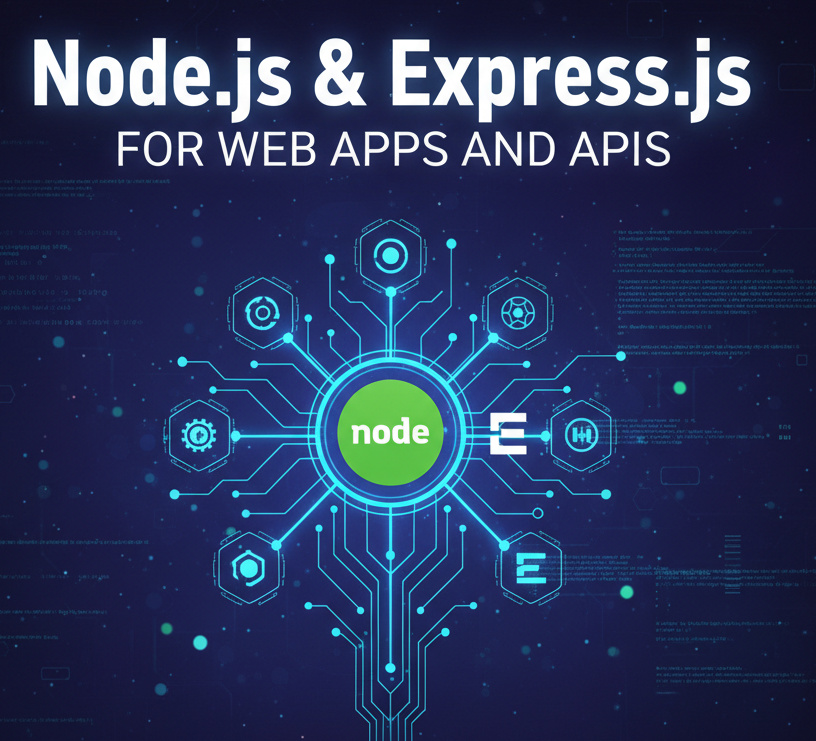
View Course

Included with Pro+ Subscription

View Course

Included with Pro+ Subscription

View Course

Included with Pro+ Subscription
.png)
View Course

Included with Pro+ Subscription
.jpg)
View Course

Included with Pro+ Subscription

View Course

Included with Pro+ Subscription


View Course

Included with Pro+ Subscription
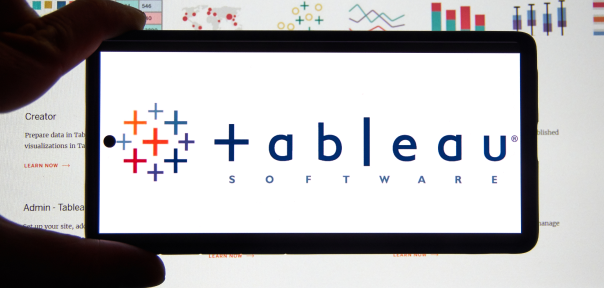
View Course

Included with Pro+ Subscription

View Course

Included with Pro+ Subscription

View Course

Included with Pro+ Subscription

View Course

Included with Pro+ Subscription


View Course

Included with Pro+ Subscription
.png)
View Course

Included with Pro+ Subscription
Popular


View Course

Included with Pro+ Subscription

View Course

Included with Pro+ Subscription
.jpg)
View Course

Included with Pro+ Subscription


View Course

Included with Pro+ Subscription


View Course

Included with Pro+ Subscription

View Course

Included with Pro+ Subscription

View Course

Included with Pro+ Subscription

View Course

Included with Pro+ Subscription
AI & Generative AI




View Course

Included with Pro+ Subscription

View Course

Included with Pro+ Subscription

View Course

Included with Pro+ Subscription
.jpg)
View Course

Included with Pro+ Subscription

View Course

Included with Pro+ Subscription

View Course

Included with Pro+ Subscription
Microsoft Courses


View Course

Included with Pro+ Subscription


View Course

Included with Pro+ Subscription


View Course

Included with Pro+ Subscription


View Course

Included with Pro+ Subscription


View Course

Included with Pro+ Subscription


Management
.png)
View Course

Included with Pro+ Subscription

View Course

Included with Pro+ Subscription

View Course

Included with Pro+ Subscription

View Course

Included with Pro+ Subscription
.jpg)
View Course

Included with Pro+ Subscription
.jpeg)
View Course

Included with Pro+ Subscription

View Course

Included with Pro+ Subscription

View Course

Included with Pro+ Subscription
.png)
View Course

Included with Pro+ Subscription
.jpg)
View Course

Included with Pro+ Subscription
.jpg)
View Course

Included with Pro+ Subscription
.png)
View Course

Included with Pro+ Subscription
.png)
View Course

Included with Pro+ Subscription
.png)
View Course

Included with Pro+ Subscription
.png)
View Course

Included with Pro+ Subscription
 (1).jpg)
View Course

Included with Pro+ Subscription
Cloud Computing


View Course

Included with Pro+ Subscription


View Course

Included with Pro+ Subscription


View Course

Included with Pro+ Subscription
.png)
View Course

Included with Pro+ Subscription



.jpg)

.jpg)

.png)

View Course

Included with Pro+ Subscription
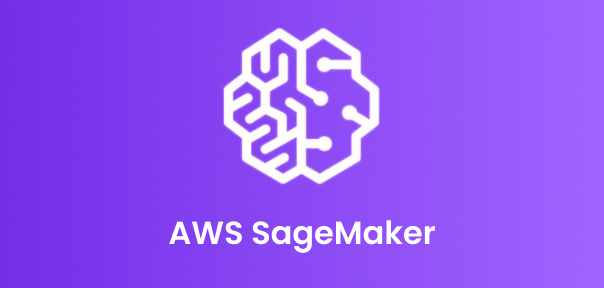

View Course

Included with Pro+ Subscription
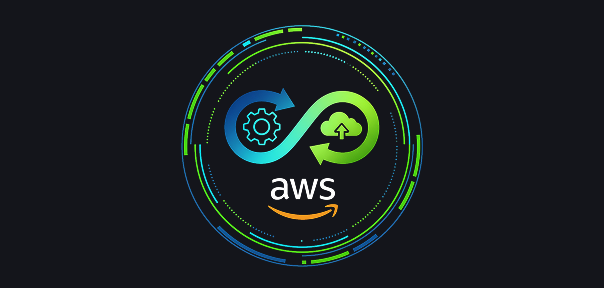
View Course

Included with Pro+ Subscription
.png)

.png)

View Course

Included with Pro+ Subscription


Cyber Security

View Course

Included with Pro+ Subscription

View Course

Included with Pro+ Subscription
.png)
View Course

Included with Pro+ Subscription
.png)
View Course

Included with Pro+ Subscription
.png)
View Course

Included with Pro+ Subscription
IT & Software

View Course

Included with Pro+ Subscription

View Course

Included with Pro+ Subscription

View Course

Included with Pro+ Subscription

View Course

Included with Pro+ Subscription

View Course

Included with Pro+ Subscription
.png)
View Course

Included with Pro+ Subscription
.jpg)
View Course

Included with Pro+ Subscription

View Course

Included with Pro+ Subscription


View Course

Included with Pro+ Subscription
 (1).png)
View Course

Included with Pro+ Subscription


View Course

Included with Pro+ Subscription

View Course

Included with Pro+ Subscription


View Course

Included with Pro+ Subscription

View Course

Included with Pro+ Subscription
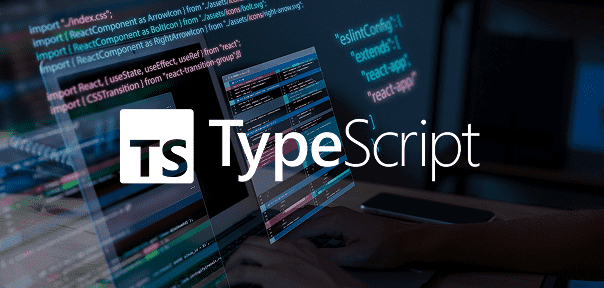
View Course

Included with Pro+ Subscription
.png)
View Course

Included with Pro+ Subscription
.png)
View Course

Included with Pro+ Subscription

View Course

Included with Pro+ Subscription

View Course

Included with Pro+ Subscription

View Course

Included with Pro+ Subscription

View Course

Included with Pro+ Subscription

View Course

Included with Pro+ Subscription
Data Science & ML

View Course

Included with Pro+ Subscription

View Course

Included with Pro+ Subscription

View Course

Included with Pro+ Subscription

View Course

Included with Pro+ Subscription


View Course

Included with Pro+ Subscription
.png)
View Course

Included with Pro+ Subscription
Subscribe to Academy Pro+ & get exclusive features
$25/month
No credit card required

Learn from 40+ Pro courses
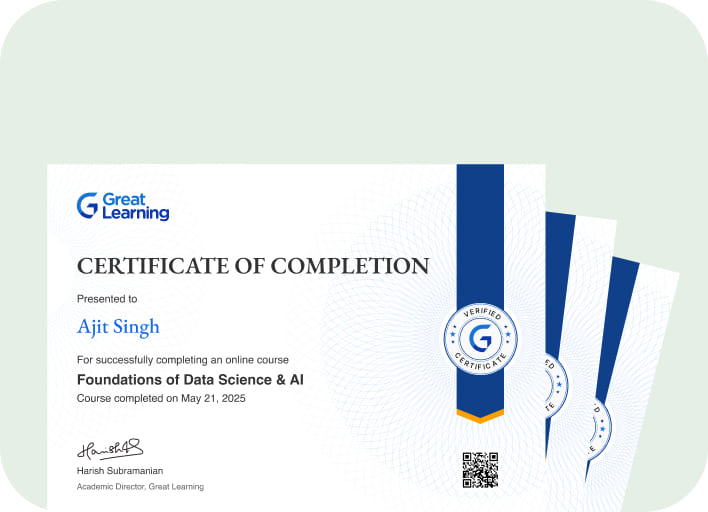
Access 500+ certificates for free
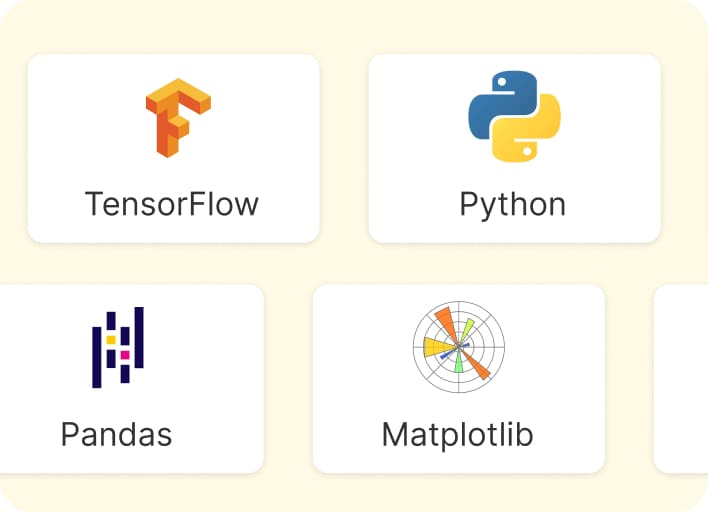
700+ Practice exercises & guided projects
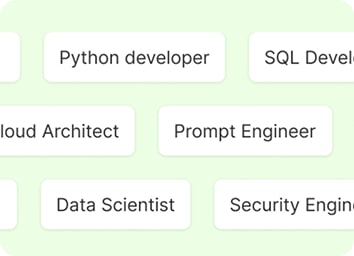
Prep with AI mock interviews & resume builder
Recommended Free Management courses



Similar courses you might like




Related Management Courses
-
Personalized Recommendations
Placement assistance
Personalized mentorship
Detailed curriculum
Learn from world-class faculties
50% Average salary hike -


Great Lakes Executive Learning
PGP in Strategic Digital Marketing6 Months · Online · Weekend
Dedicated Career SupportKnow More
Relevant Career Paths >
Introduction to Program Management
Program management is a discipline that involves the coordinated management of multiple related projects, known as a program, to achieve strategic objectives and benefits. It goes beyond individual project management by providing a holistic and integrated approach to aligning projects with an organization's overarching goals. In essence, program management is the art and science of overseeing a portfolio of projects to ensure they collectively contribute to the success of the organization.
One of the key aspects of program management is the focus on strategic alignment. Programs are designed to support the organization's strategic objectives and business goals. Program managers work closely with stakeholders to understand the broader vision and ensure that individual projects within the program are selected, initiated, and executed in a way that aligns with the overall strategy.
A program typically involves a set of interrelated projects that may share resources, dependencies, and deliverables. Program managers are responsible for identifying and managing these interdependencies to optimize resource allocation and minimize conflicts. They play a crucial role in prioritizing projects within the program and ensuring that they collectively contribute to the desired outcomes. Communication is paramount in program management. Program managers must effectively communicate the program's objectives, progress, and potential risks to various stakeholders, including executives, team members, and external partners. Clear and transparent communication helps build consensus, manage expectations, and foster collaboration among diverse stakeholders with varying interests and perspectives.
Risk management is another critical aspect of program management. With multiple projects under a program umbrella, the complexity of risks increases. Program managers must proactively identify, assess, and mitigate risks to ensure the successful delivery of program outcomes. This involves developing risk management plans, monitoring risk triggers, and implementing corrective actions when necessary. Resource management is a constant challenge in program management. Program managers need to allocate resources efficiently across different projects, considering factors such as skill sets, availability, and project priorities. They must also be adept at resolving resource conflicts and adapting to changing resource constraints to ensure the program stays on track.
Program governance is an overarching framework that guides decision-making, accountability, and control within a program. Effective program governance structures provide the necessary authority and oversight to ensure that projects align with the program's objectives. This includes defining roles and responsibilities, establishing decision-making processes, and implementing performance measurement mechanisms. The lifecycle of a program typically involves stages such as initiation, planning, execution, monitoring and control, and closure. Each stage requires careful attention to detail, and program managers must navigate through these stages, adapting strategies and plans as needed. The iterative nature of program management allows for continuous improvement and flexibility in response to changing circumstances.
In conclusion, program management is a strategic approach to managing multiple projects within an organization to achieve overarching goals. It involves aligning projects with strategic objectives, managing interdependencies, communicating effectively, mitigating risks, optimizing resources, and adhering to a governance framework. Successful program management requires a combination of leadership, strategic thinking, communication skills, and a deep understanding of project management principles. As organizations continue to tackle complex initiatives, the role of program management becomes increasingly crucial in ensuring the efficient and effective delivery of strategic outcomes.






